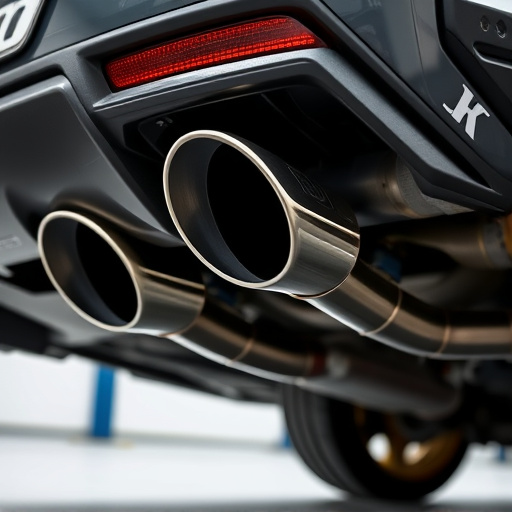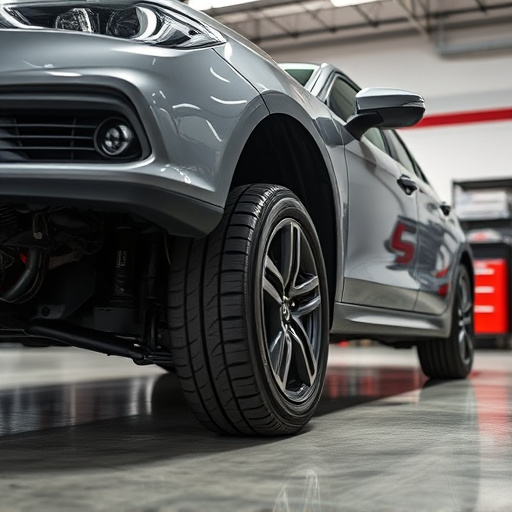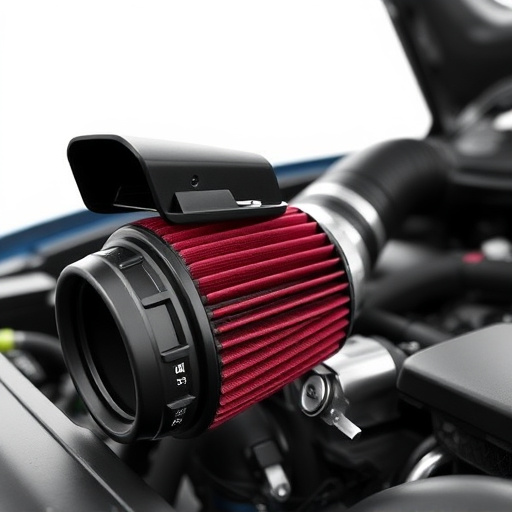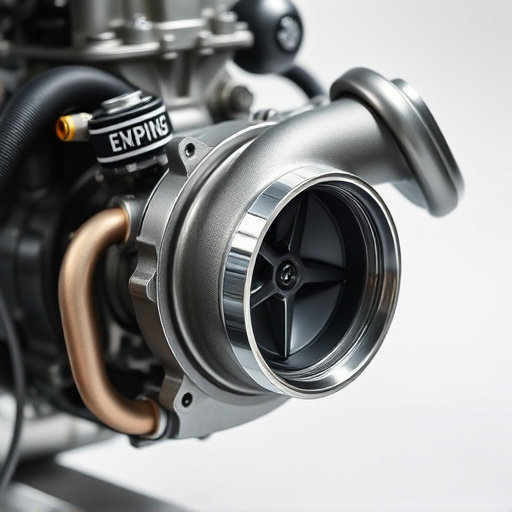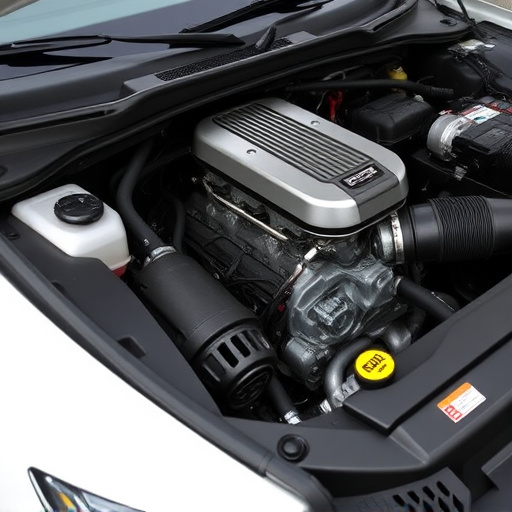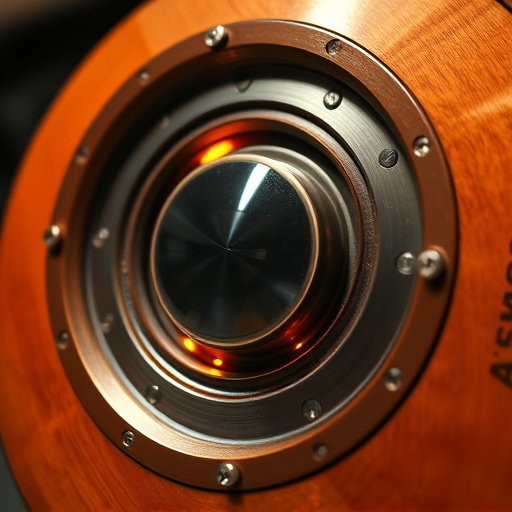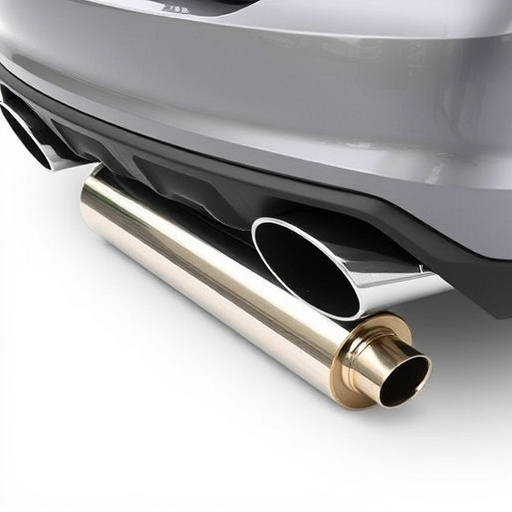Engine tuning enhances naturally aspirated engines' performance through precise adjustments to air-fuel ratios, intake flows, and ignition timing, increasing horsepower, torque, and fuel efficiency. This process offers smoother power delivery, improved handling, cost savings, reduced emissions, and extended engine longevity with careful tuning and high-performance upgrades.
Engine tuning is an art that unlocks unparalleled performance potential in naturally aspirated engines. By optimizing various parameters, from fuel delivery to ignition timing, tuners can achieve significant gains in power output while enhancing overall efficiency. Beyond performance, regular tuning contributes to improved fuel economy, reducing costs at the pump. Moreover, it plays a crucial role in extending engine lifespan, ensuring reliability and durability for years to come. Discover how this process revolutionizes driving dynamics and offers a competitive edge.
- Enhancing Performance: Power Gains through Tuning
- Optimizing Fuel Efficiency: Saving at the Pump
- Improving Engine Durability: Longevity and Reliability
Enhancing Performance: Power Gains through Tuning

Engine tuning is a process that optimizes the performance of a naturally aspirated engine by fine-tuning its various systems. By adjusting the air and fuel mixture, improving intake and exhaust flows, and enhancing ignition timing, tuners can extract more power from these engines. This results in increased horsepower and torque, translating to better acceleration and top speed.
One of the key benefits is the improvement in overall driving experience. Upgrading exhaust tips or incorporating coilover kits as part of the tuning process can further enhance this performance boost. These modifications contribute to smoother power delivery, better handling, and a more responsive engine, making every drive more enjoyable and dynamic.
Optimizing Fuel Efficiency: Saving at the Pump

Engine tuning is a process that fine-tunes the performance of naturally aspirated engines, optimizing their efficiency and power output. By meticulously adjusting various parameters such as air/fuel mixture, ignition timing, and camshaft profiles, engine tuners can extract more horsepower and torque from these traditional engines. This enhanced performance translates directly to better fuel economy, allowing drivers to save at the pump.
With optimized combustion, the engine burns fuel more efficiently, reducing wastage and minimizing emissions. This not only benefits the environment but also your wallet by decreasing fuel consumption. Moreover, high-performance parts like advanced exhaust tips and powerful performance brakes, often used in conjunction with engine tuning, can further contribute to enhanced overall vehicle performance, making every drive more enjoyable and cost-effective.
Improving Engine Durability: Longevity and Reliability
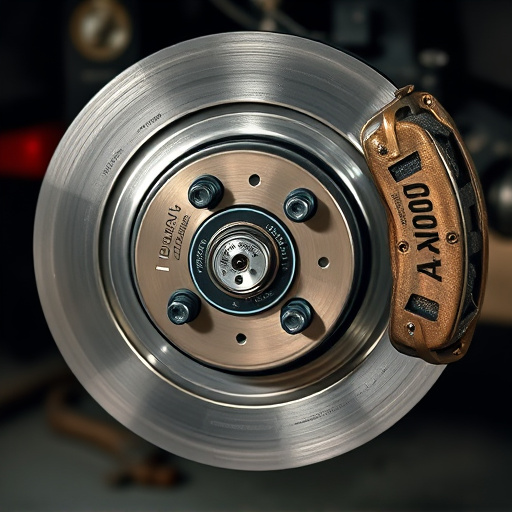
Engine tuning is a process that optimizes the performance of naturally aspirated engines by fine-tuning their various systems. One of the lesser-discussed yet significant advantages is its impact on engine durability and longevity. By carefully adjusting parameters like fuel mixture, ignition timing, and air-fuel ratio, tuned engines experience reduced internal friction and wear. This results in decreased stress on critical components, such as piston rings, valves, and bearings, thereby extending their service life.
Moreover, engine tuning can enhance the reliability of these components by ensuring optimal operating conditions. For instance, fitting enhancements like cold air intakes can improve airflow efficiency, while high-performance exhaust mufflers can facilitate smoother exhaust flow, reducing backpressure. These upgrades, when combined with precise tuning, contribute to a more robust and dependable engine, allowing it to withstand the rigors of daily driving and performance demands over extended periods.
Engine tuning for naturally aspirated engines offers a multitude of benefits, from enhancing performance and achieving power gains to optimizing fuel efficiency and improving engine durability. By fine-tuning key parameters, owners can enjoy better overall vehicle performance while potentially reducing fuel costs and increasing the longevity of their engines. Engine tuning is not just about boosting speed; it’s a strategic process that ensures a balanced and efficient driving experience.



